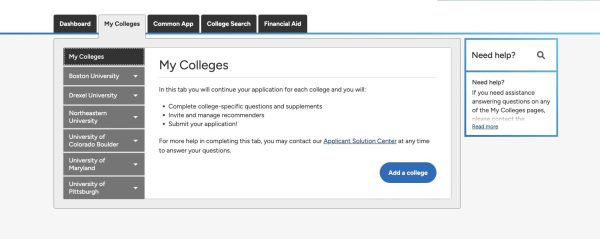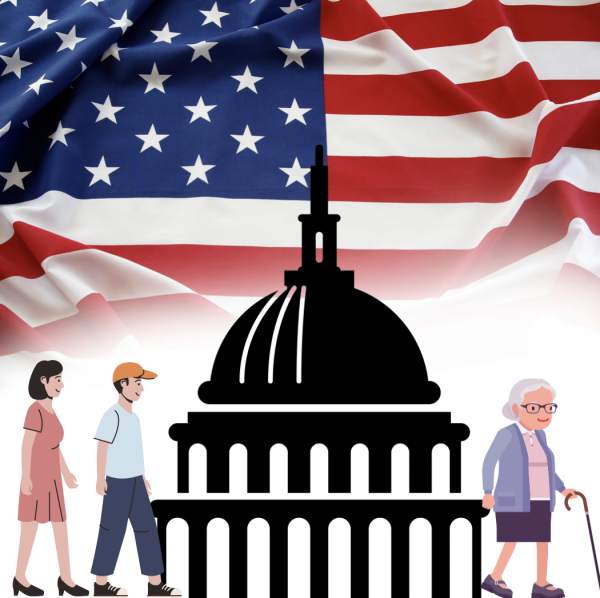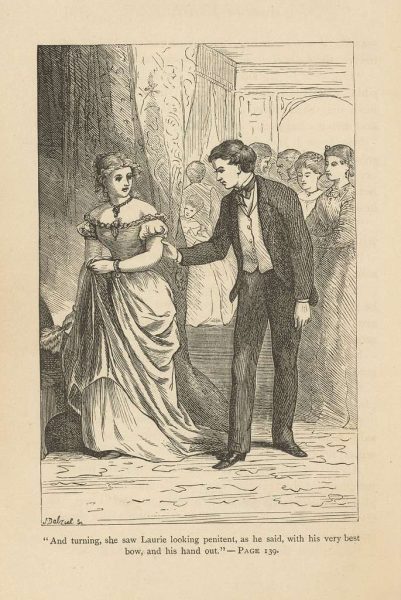Everyone’s talking about it, but what is Net Neutrality?
While the United States remains divided on the issues of movements such as “Black Lives Matter” and “Blue Lives Matter,” one proposal by the Chairman of the FCC, Ajit Pai, has united much of the American people. The FCC(Federal Communications Commission) has proposed the retraction of net neutrality legislation, which Obama passed during his second term in office. Currently, net neutrality prevents major corporate internet providers, such as Verizon and AT&T, from charging providers different rates for the ability to access specific sites and slow down the connection rates of people who have their company’s service.
If this law were retracted, these companies would be able to charge different rates to different customers for so called “premium service.” For instance, if a Verizon user wished to view the site of a competitor and wanted to change their internet plan, Verizon could charge the user more money to access the site. This allows the conglomerates to keep all of their profit in house without worrying about losing too much money to people who want to change providers.
Furthermore, the FCC would be able to control every aspect of the proposed retraction. When the vote occurs on December 14th, 2017, the FCC will vote to get rid of net neutrality laws that make the internet equal to all. However, the FCC also has stated that this retraction would supercede state net neutrality laws. According to Arstechnica’s website, the Federal Communications Commission also “plans to tell state and local governments that they cannot impose local laws regulating broadband service.”
Opinions on the issue come from both sides of the isle. Much of the American people are against the retraction of net neutrality, in fear that it will take away the unbridled use of the Internet. This would mean that the Internet is treated less like a utility and more like a restricted privilege. This would return Internet laws to pre 2015 standards, thus benefiting major conglomerates.
Ajit Pai formerly worked for Verizon. This is not his first rodeo with a major internet provider. Comcast seems to be the company that would benefit the most from this new legislation. According to Wired.com, “Comcast customers in 28 states face 1 terabyte data caps. Going over that limit costs subscribers as much as an additional $50 a month.” With new legislation likely to be passed, many more users would reach this data cap, making more money for Comcast.
The most divisive issue in the country today may be racism, but on the issue of national rights, the question of net neutrality comes to the forefront.While much of the American people disagree with the retraction of net neutrality laws, not all people do. Some people do not fear this action, as they trust the companies to do the right thing with this power. Conservatives tend to believe that this will help profits on Wall Street, and in turn benefit the economy. The heart of this issue truly lies between the rights of the people and the benefits to the economy that this action could have. When the retraction most likely passes, net neutrality would a thing of the past.










